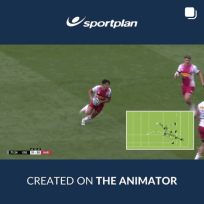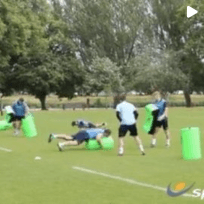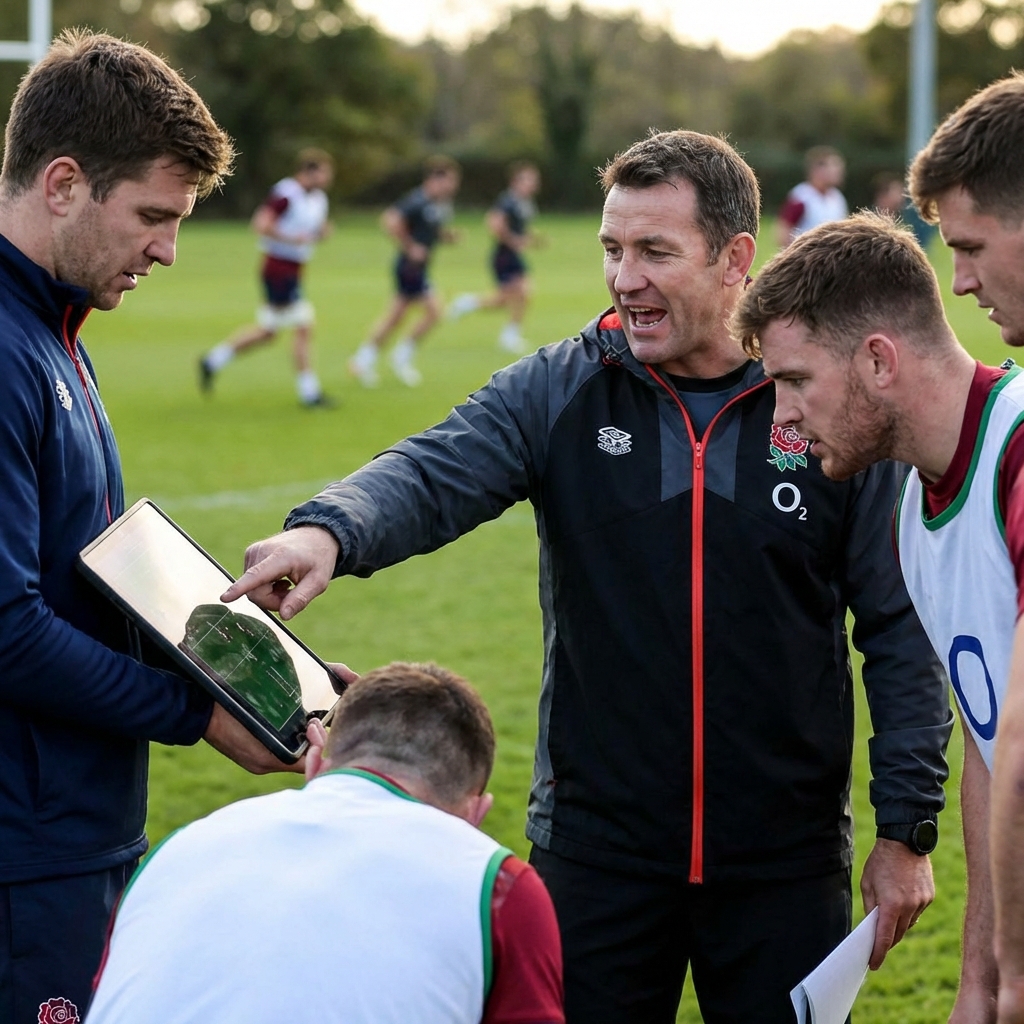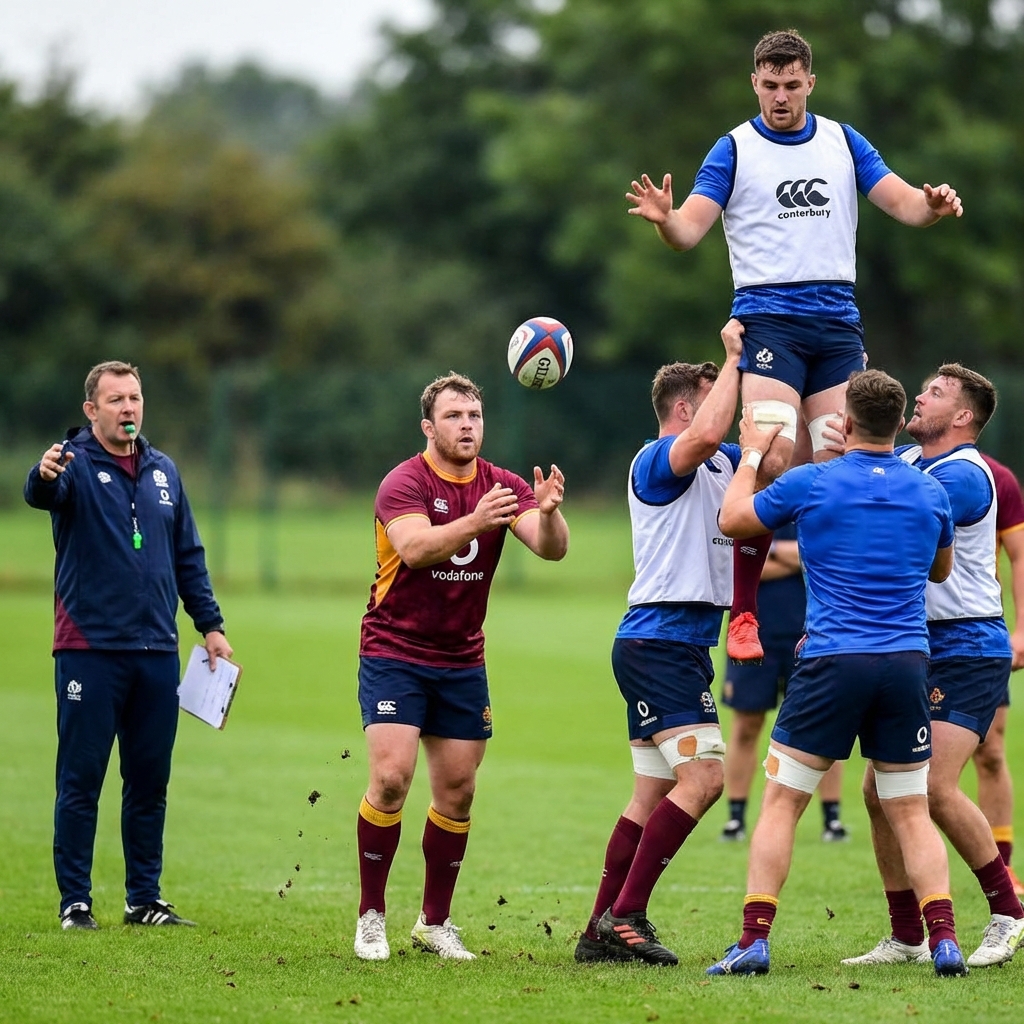TRANSFORM YOUR TEAM'S SEASON WITH PROFESSIONALLY PLANNED SESSIONS
Use our expert plans or build your own using our library of over 700+ drills, and easy-to-use tools.
JOIN NOWmy club has a problem with the seniors. Numbers at training are low every week, I know there is not a quick solution so how can i create a good culture of training ?
There is no simple answer to this issue!
But there are some hints to ensure there is every chance that numbers might improve:
After training is there a good atmosphere in the clubhouse? Perhaps hot food could be provided?
I hope this helps and wish you luck
Simon
A previous club I was with had a similar issue when i joined, 3 training on first night turned to 25+ in 12 months, by following very similar points Simons in earlier answer. The biggest things I have learnt is to stay focused and positive make training fun and ensure players take something from it and understand what they want from sessions and keep asking them, they want to learn otherwise they would not be there. Hope this helps Graham
Sometimes the issue lies in the 'hiding' capacity of players who have little or no responsibility, thus alibies are easy to find. I've divided the squad into positional groups, i.e. 1-5 are group 1; 6-10 are group 2; 11-15 are group 3. (This can also work for pre-season prep. groups etc). All players are then allocated to a group, and are responsable for letting their group leader know if they can't attend training. They must let him know (call, sms, e-mail etc)but do not contact me. The group leaders are then responsible for letting me know. These groups also rotate during the week when it is time to fill the water bottles; clear the kit away after training etc. Much of this sort of organisation helps the players become owners of the task rather than the coach. I've found that enjoyment improves parallel to an improvement in discipline, so the session will have a punctual start; content and finish; e.g. there's no 'prop drop goal' time before warm-up, and at the end, unless I'm planning anything particular; the lights go off and all go home! You may well meet up with rebels who have played under another regime, and think they are 'in the know'. This will include those who think stretching is for cissies, that you don't drink water during sessions because 'I'm not thirsty', and turn up during cold weather in shorts and a T shirt. I would suggest a classroom session to point out the logic of all your organisation; have the players contribute, and create a 'Code of Conduct' that all can agree to. If necessary, publish it on your club website, and make sure its signed by all. At the end however you'll still have that one or two shirkers. Here's a couple of ideas that I've used with success: 1. Give them the keys to the ground. Tell them that when they arrive; everyone can start to prepare for training. 2. If players are late, re-start the session from the very beginning, and tell everyone that due to the progressive nature of the work, you need to start over so that the latecomers are catered for. You'll hear the reaction in the changing rooms after training when those who had planned something social afterwards are 20 minutes late! 3. Record and publish an attendance register. We have a notice board in the centre of town for all to see, and the attendance (absence in red!) is there for all to see, particularly those who pretend to be a real rugby player (public image). 4. Make the internal rule that the last occasion for telling me that you can't play at the weekend is on Wednesday evening at training (We train Tues/Wed/Fri and play on Sundays). If you don't tell me, I presume you're available. Finally; don't forget your sense of humour! Humiliating players for not turning up etc will make them all the more defensive. Listen to players; try to get 'under their skin'. I once remember years ago one of my junior coaches berating a young player in front of the squad after the youngster had missed 3 sessions. After a lot of shouting and ranting, the coach did the usual; "Why? Why? C'mon...Why then?" The lad replied that he was very sorry, but his Mum had died.

in more ways than one




From France's collision dominance to England's folding defence - what grassroots coaches can learn from the 2026 Six Nations.

The removal of "not-straight" on uncontested lineouts transforms your set-piece options. Here's how to exploit the new rule.

2026 brings revolutionary changes to international rugby: a brand new global tournament, historic tours, and law changes that will reshape the game. Here's everything coaches need to know.
Use our expert plans or build your own using our library of over 700+ drills, and easy-to-use tools.
JOIN NOW